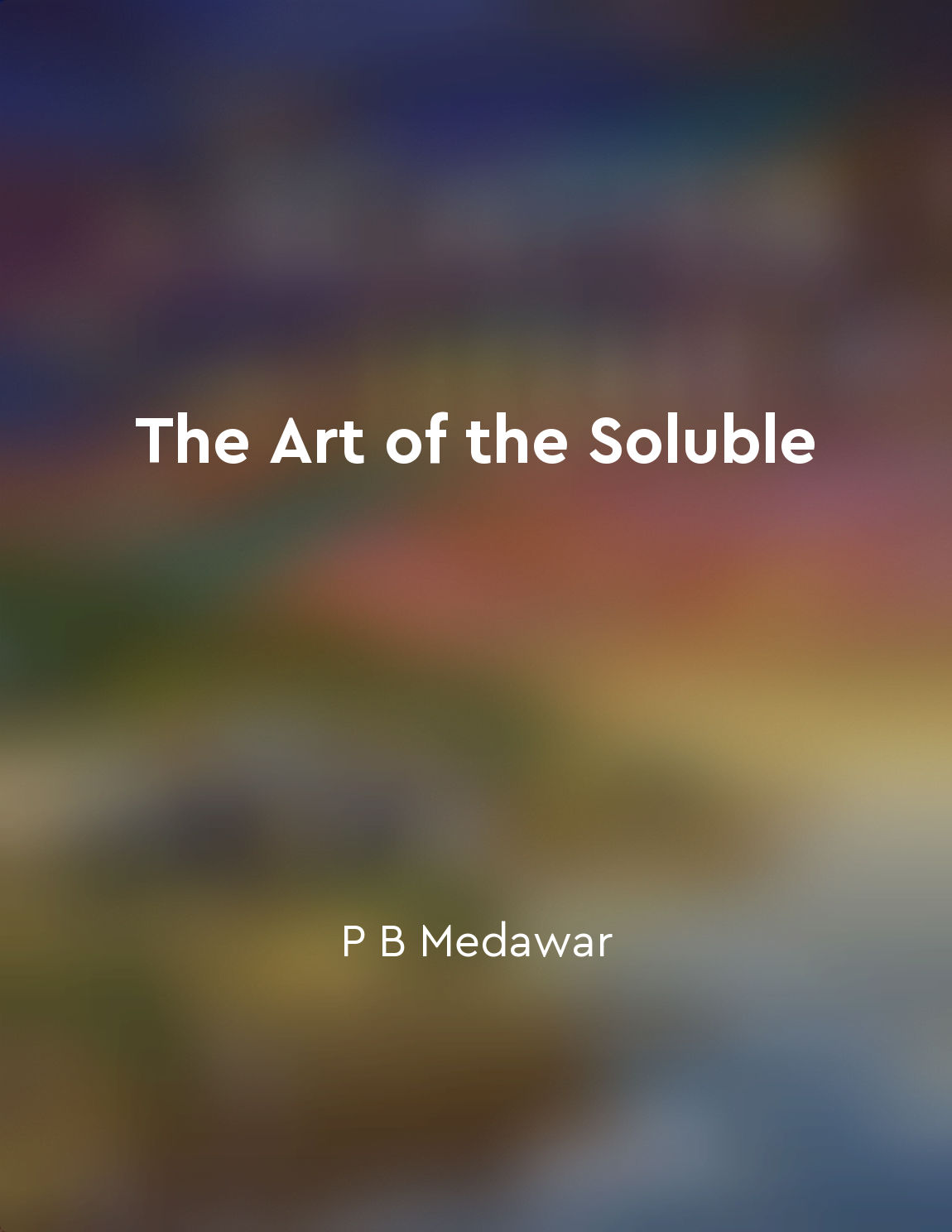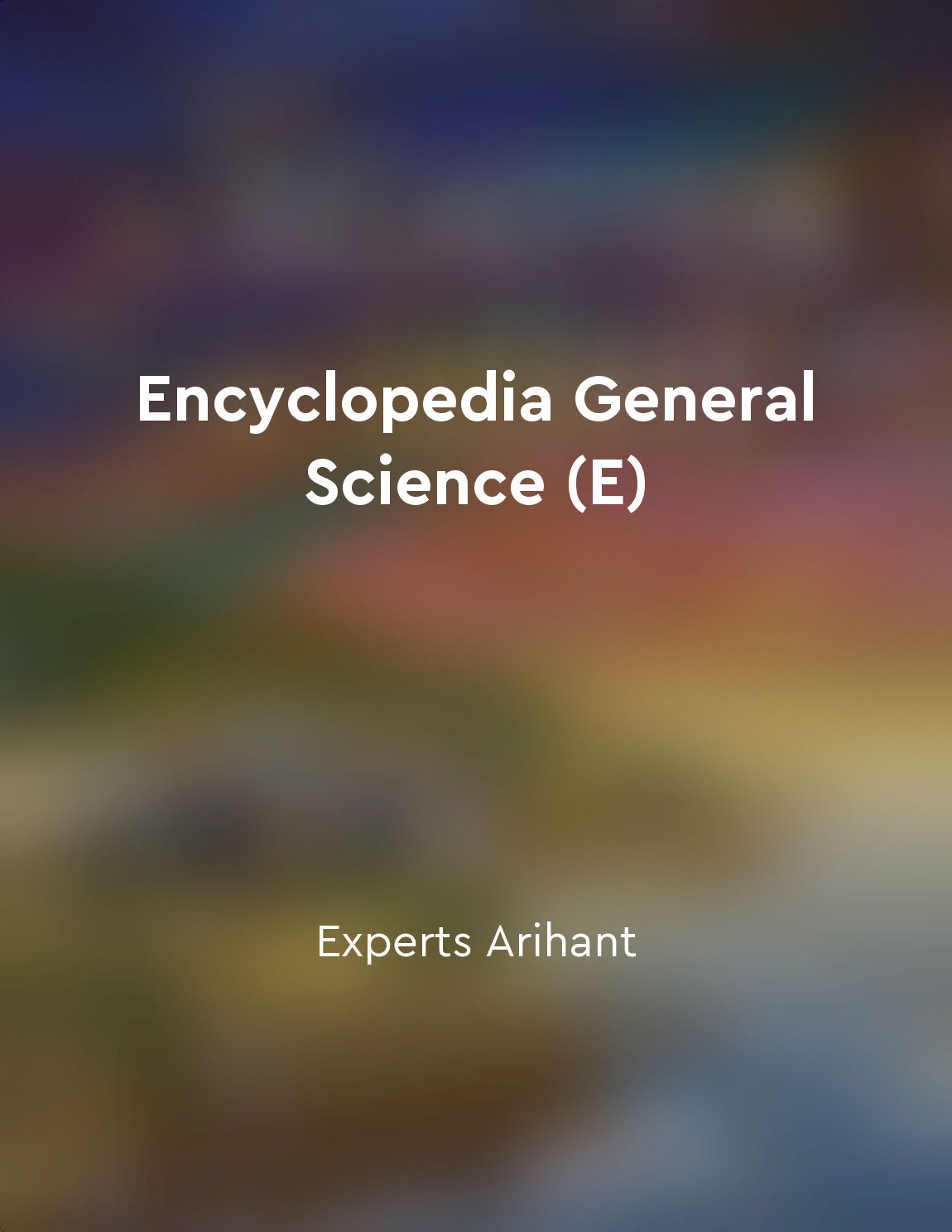The discovery process often involves trial and error from "summary" of The Discoverers by Daniel J. Boorstin
The process of discovery is not always a straightforward path. It is often filled with twists and turns, dead ends and detours. In the quest for knowledge, individuals must be willing to take risks, to try new things, and to make mistakes. This trial and error approach is essential for progress to be made. Throughout history, the world's greatest discoveries have come about as a result of this process. Scientists, explorers, and inventors have all had to experiment, to test hypotheses, and to learn from their failures. It is through this process of trial and error that new ideas are born, new technologies are developed, and new frontiers are explored. Take, for example, the story of Christopher Columbus. In his quest to find a new trade route to Asia, he encountered numerous obstacles and setbacks. He navigated treacherous waters, battled storms, and faced mutiny from his crew. But through perseverance and determination, he eventually reached the shores of the New World. Columbus's journey was not a direct one, but rather a series of trial and error that led him to his ultimate discovery. Similarly, the field of science is built on the foundation of trial and error. Scientists conduct experiments, analyze data, and draw conclusions based on their findings. But not every experiment yields the desired results. Many times, scientists must go back to the drawing board, reevaluate their methods, and try again. It is through this process of trial and error that new theories are developed, new technologies are invented, and new breakthroughs are made. In the modern world, the concept of trial and error remains as relevant as ever. In the fast-paced, ever-changing landscape of technology and innovation, individuals and organizations must be willing to take risks, to experiment, and to learn from their failures. It is through this process of trial and error that new products are created, new markets are discovered, and new opportunities are realized. The discovery process is not for the faint of heart. It requires courage, perseverance, and a willingness to embrace uncertainty. But for those who are willing to take the leap, to try new things, and to learn from their mistakes, the rewards can be great. The journey may be long and arduous, but the destination is always worth the effort.Similar Posts
The value of understanding heuristics in decisionmaking
Understanding heuristics is a valuable skill in decision-making. Heuristics are mental shortcuts that allow us to make quick ju...

The search for truth requires an open mind and a willingness to revise one's beliefs
The pursuit of truth demands an open mind and a readiness to reassess one's convictions. It is essential to approach the quest ...

Physics involves the study of matter and energy
The field of physics deals with the study of matter and energy. Matter is anything that has mass and occupies space, while ener...
Foster a growth mindset within your team
To truly succeed as a lean entrepreneur, it is essential to cultivate a growth mindset within your team. This means fostering a...
Diversity of thought led to progress
The men at Bell Labs were not carbon copies of one another. They came from different backgrounds, had different ways of thinkin...
Emotions and human drama in scientific endeavors
The pursuit of scientific discoveries is often portrayed as a purely rational and objective endeavor, guided solely by logic an...
Invention was a team effort
The genesis of transformative ideas rarely occurs in isolation. Instead, it emerges from the collaborative efforts of a diverse...
